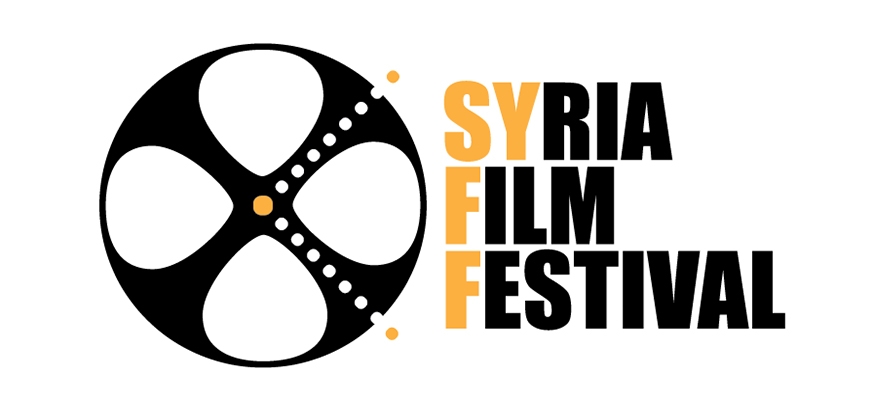
08 Dec 2015
This November, Canada’s first Syria Film Festival (SYFF) took place in Toronto, and was a rousing success, selling out its tickets completely and attracting international media attention.
The engine that drove SYFF was its humanitarian concern: justice for Syrian refugees and freedom from war, violence, and oppression for Syrian people. Its organizers understand that simply declaring this as a naked demand is not enough to make it effective.
“We need a festival that approaches the issue from a different angle, namely that of the arts,” said SYFF Program Committee member Aisha Jamal. “Film communicates on so many levels and it is wonderful for us to see how receptive, enthusiastic and supportive Toronto audiences … were of our selection of films.”
In our global political climate, reactionary voices across Europe and North America continue to silence Syrian refugees with their accusations of terrorism, infiltration, and invasion.
These accusations are the messages of powerful politicians, like Hungary’s Viktor Orban and America’s Donald Trump, who appeal to fear and racist stereotypes about Muslims and Syrians to mobilize the support of their populations.
Building solidarity and community
Despite this spectre, Festival Coordinator Maher Azem is amazed at the positive response from the audience and the wider community.
“We definitely need to re-organize ourselves strategically for the upcoming future to keep the momentum going,” said Azem. That includes strengthening already tight bonds with Toronto’s artistic and charitable organizations, many of whom were sponsors, partners, and co-presenters of films.
For example, Growing Home, a short documentary about a Syrian barber eking out a living in Jordan’s Zaatari refugee camp, premiered at SYFF. Later this December, it will play at Toronto’s JAYU Human Rights Film Festival, a SYFF partner.
And that community of supporters and allies is growing. “We received numerous requests to re-screen the films from different community groups,” said Azem.
The real experience of war
SYFF’s films for 2015 were mostly documentaries about the refugee experience, or the war itself. One documentary featured in the program was 50 Feet From Syria.
Directed by Skye Fitzgerald, the Oscar-shortlisted film takes place in a Turkish field hospital helping refugees wounded in the Assad government and ISIS’ attacks on civilians. It follows a Portland-based Syrian-American orthopaedic surgeon, Hisham Bismar, on his first volunteer mission at this hospital.
Two documentaries told the stories of Syrian women trying — some with success and some with bitter failure — to build new lives in neighbouring countries.
Queens of Syria follows a drama workshop in Amman, Jordan. Not Who We Are follows five different Syrian women as they try to establish themselves in far-flung corners of Beirut, a city were Syrian refugees face housing and job discrimination.
One of SYFF’s slogans is, “See the stories behind the numbers.” The response to these stories at the first festival was enthusiastic, and organizers like Jamal hope to bring more diverse and more hopeful and diverse stories to SYFF in 2016.
“With no immediate end in sight for the crisis, our aim at SYFF is going to remain the contextualization of Syria” she said. “This includes the pressing issues of refugees, human rights and justice,” which defined SYFF’s program in its first year.
“But we also want to show a complex picture and hope to continue to program works that also find ways to speak to the beauty of the culture and the people,” said Jamal.
For peace and justice
Following headlines alone, you can easily fall into three destructive ways of thinking. There’s the xenophobia and fear that any presumed refugee could also be an infiltrator. There’s the hopelessness that anything can be done for any victims of violence.
But you can also look at the conflict as a puzzle. Syria and the connected wars in Yemen and Libya, and repression in Egypt, Saudi Arabia, Iran, all make up a conflagration so violent, vast, and complex that it amounts to a Third World War. It’s all too easy to analyze these conflicts with the cold eyes of realpolitik.
Whatever insights into Machiavellian geopolitics arrives from such thinking, it only distracts from the simple fact of real justice.
There are so many people suffering who did not deserve any of this violence, and they need help, friendship, support, dignity, and humanity. That’s all.
Their voice must be expressed. And what does that best is the narrative voice of film.

 عربي
عربي